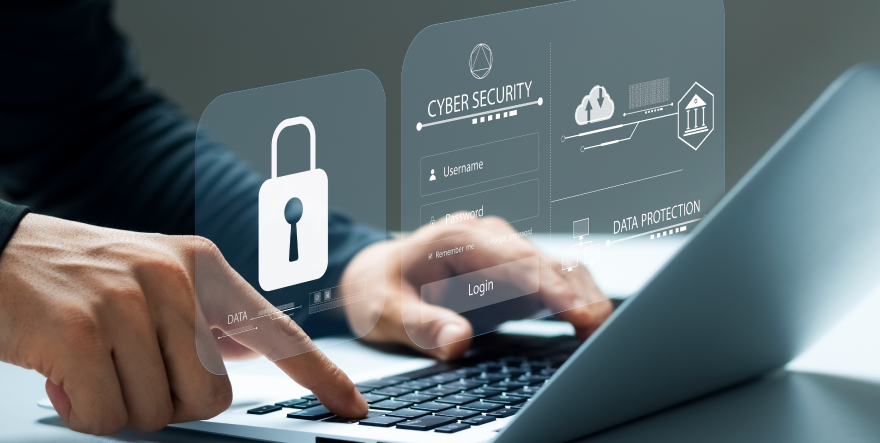Seamless connectivity and secure Wi-Fi access for your workforce and guests
Today’s business operations thrive on cloud and high-bandwidth applications. Your dynamic business needs must be complemented with a scalable, flexible, and secure end-to-end cloud-managed Wi-Fi solution that supports your ICT vision of building robust networks. Our cloud-native managed platform employs Artificial Intelligence, data analytics and Machine Learning to deliver the ultimate user-centric Wi-Fi experience.
Addressing every diverse business demand, including capacity, coverage, size, and density requirements, our enterprise-grade Managed Wi-Fi solution confidently meets your connectivity expectations in collaboration with leading global WLAN and networking vendors.
Get the Managed Wi-Fi advantage through
The latest Wi-Fi 6 Certified Networking
Optimum security with fully redundant next-generation firewalls
Granular access control & zero-trust security guest Wi-Fi access
Enhanced network analytics to get insights on user behaviour
Modern software-defined access & aggregation switches with PoE support
Better visibility and control with centralised network management from a single dashboard
Discover unlimited possibilities
Our solutions are here to enable, empower and make possible. Read how.




